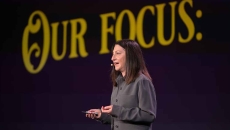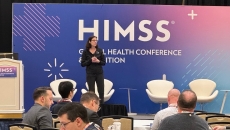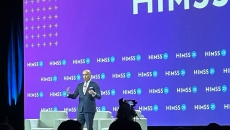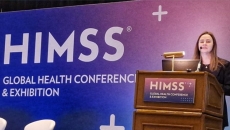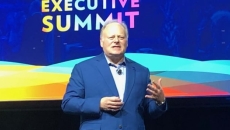AI
The 'agentification' of health IT that integrates AI and automation is enabling a real-time reimagining of practice operations, workflows and the patient-provider experience, the EHR vendor president says.
The HIT landscape is evolving toward tools that support tangible improvements in direct care delivery, diagnostic accuracy and the preservation of meaningful human connections, Kem Graham of EHR vendor CliniComp says at HIMSS25.
So says Artisight CEO Andrew Gostine. Hospitals of the future will rely on real-time data capture, predictive analytics and intelligent automation to scale care while improving both the patient and clinician experience, he adds.
AI and other digital tools are easing cognitive burdens for clinicians and enabling leaders to reallocate staff to higher-value tasks, says Whende Carroll, clinical informatics advisor at HIMSS.
Houston Methodist Hospital is using text messaging, voice technology and generative AI predictive analytics to drive patient-centered care.
At the HIMSS AI in Healthcare Forum, Dennis Chornenky of UC Davis Health looked to the near future of agentic AI – and forecast fast-moving leaps in the technology that require careful planning and governance strategies.
Dr. Tabitha Offutt-Powell said the technology is evolving, but with that comes challenges and limitations.
In the journey to better healthcare, take a lot of smaller IT steps and clear hurdles along the way – the gains made become more evident nearing the summit, says Marcus Perez, president of Altera Digital Health, at HIMSS25.
That's the message Patty Hayward, general manager of healthcare and life sciences at Talkdesk, will delve into at HIMSS25. She also will be speaking on making contact centers value drivers, not cost centers.
